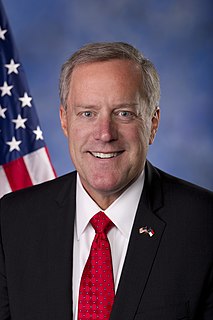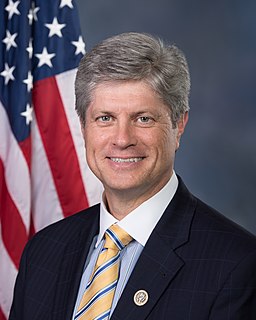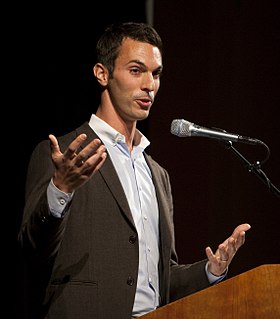A Quote by Michael T. Flynn
Obama's decision to leave, to not sustain the victory that resulted after eight years of fighting, from 2003 to 2011 in Iraq, was another incredibly stupid decision. It was totally based on politics, not based on any notion of national security. It's a nightmare for our national security. And then you have the Libya intervention.
Related Quotes
We have a media that goes along with the government by parroting phrases intended to provoke a certain emotional response - for example, "national security." Everyone says "national security" to the point that we now must use the term "national security." But it is not national security that they're concerned with; it is state security. And that's a key distinction.
You look at Libya, and you go, "Jesus, why the hell did we do that?" That's beyond stupid. That's so irresponsible and dangerous for our national security and frankly for the national security of Europe because you go and you look at where a lot of these refugees are coming out of, they're coming out of Misrata and Tripoli.
I hope President [Hamid] Karzai understands that our national security interests don't depend entirely on his decision there whether to allow a recount. Obviously the legitimacy of that government is an important component of it. My point is it shouldn't be the lynch pin for us deciding whether we're going to protect our national security interests in that region.
National security is a really big problem for journalists, because no journalist worth his salt wants to endanger the national security, but the law talks about anyone who endangers the security of the United States is going to go to jail. So, here you are, especially in the Pentagon. Some guy tells you something. He says that's a national security matter. Well, you're supposed to tremble and get scared and it never, almost never means the security of the national government. More likely to mean the security or the personal happiness of the guy who is telling you something.
Back in March, before Donald Trump secured the Republican nomination for president, a group of national security heavyweights signed an open letter that called Trump fundamentally dishonest and utterly unfit for the presidency. Now, two days after Trump's victory, some in the national security establishment are wondering whether to return to the fold.
The National Security Council assists the president by ensuring that he receives the best views and options from the various departments and agencies on any given issue. The ultimate policies are, as they should be, then decided upon by the president - not by the NSC staff or the national security adviser.



































